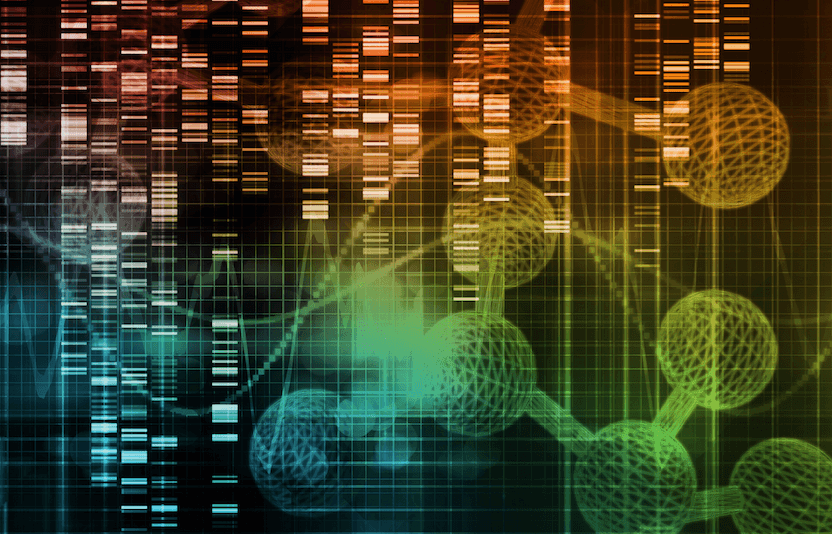Genomic databases were introduced to provide medical staff access to shared information on genomes that will enable better diagnosis’ and are useful tools for further research development. But, because there is a significant amount of personal data stored on one single database it poses high-security risks that people’s medical histories may be accessed for the wrong reasons.
However, researchers from MIT’s Computer Science and Artificial Intelligence Laboratory and Indiana University at Bloomington have recently disclosed details of a new system hat will still allow genome-wide database queries but o a much safer level. The way it works is by adding a piece of misinformation to the query results it returns. This means that anyone using the system could potentially get inaccurate data, but they feel it would be close enough to be still seen as useful.
SNPs are variations of one nucleotide at a specific location in the genome and millions have been identified within the human population. The new system will use a differential privacy technique. This works by adding a little noise to the results of a database search to confound algorithms that would extract private information from the results of several different searches. With this technique, the more people whose data is in the system, the less noise the system needs to add. But, the more SNPs the system records, the more flexibility an attacker has, which increases the amount of noise required. Further research is still needed to fix a few bugs with the system, but the scientist is hopeful this will make a difference in the world of genome studies and protect patients privacy at the same time.
More News To Read











